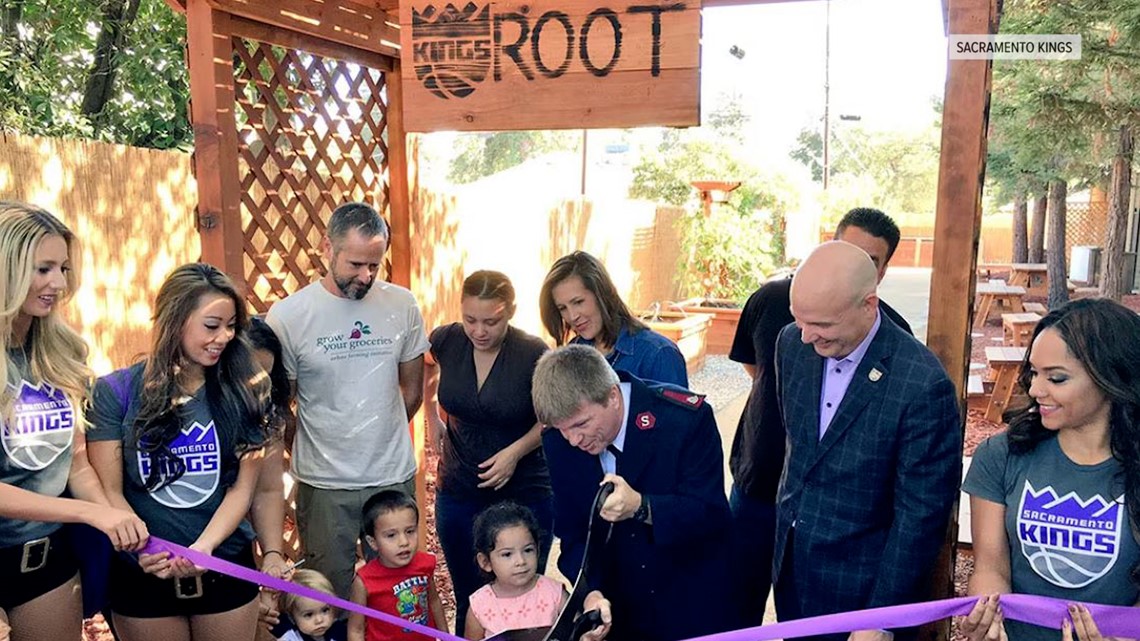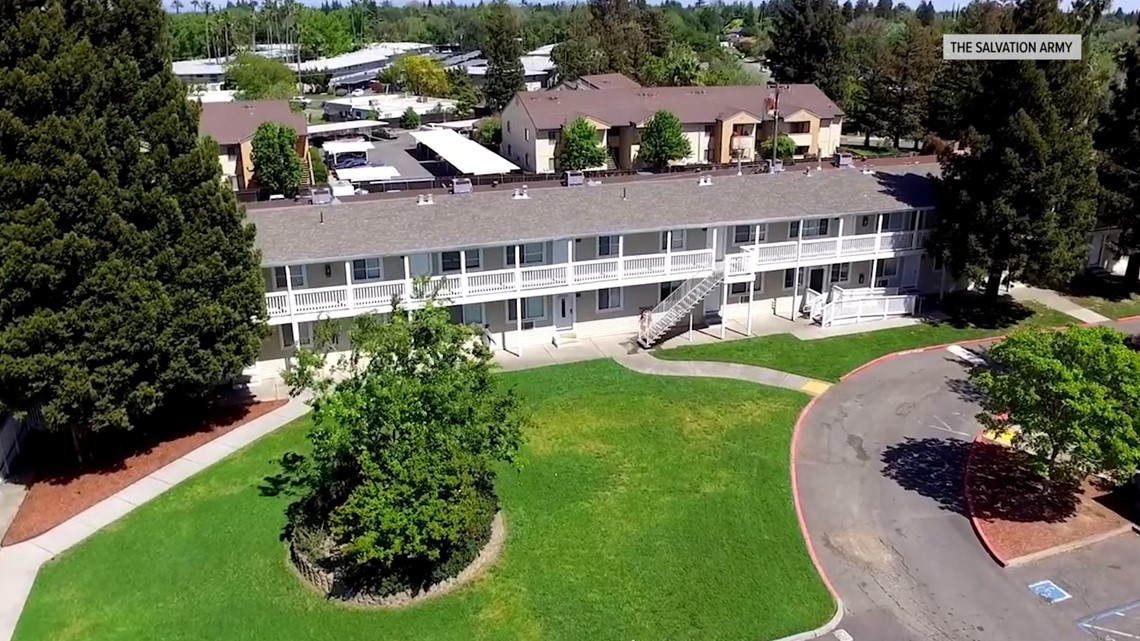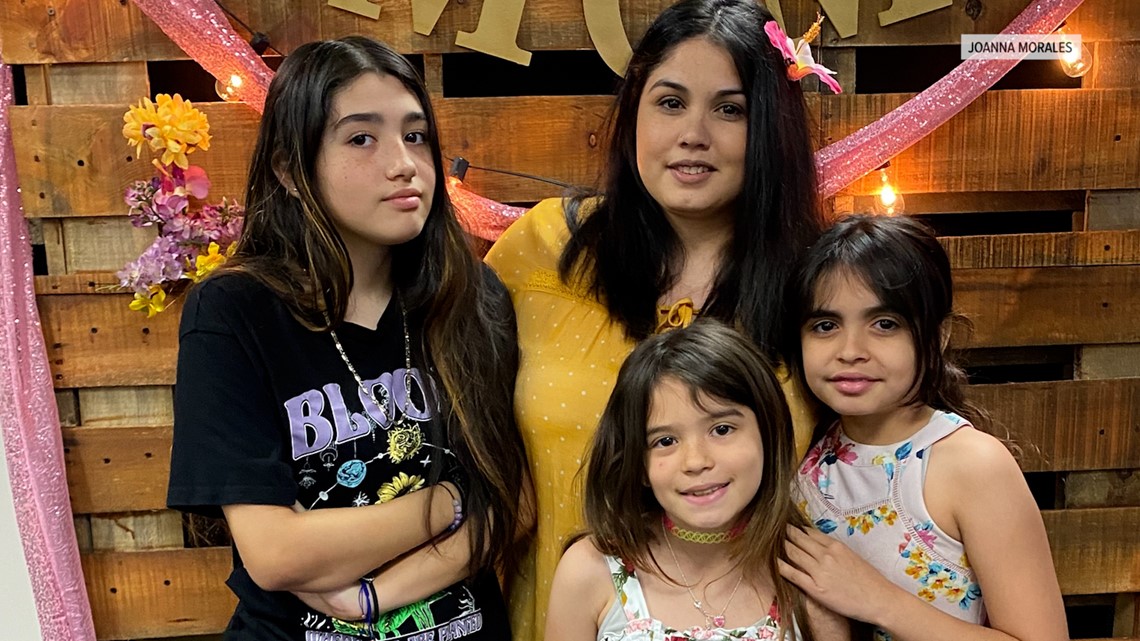SACRAMENTO, Calif — Although hunger can affect people from all walks of life, it does not affect everyone equally.
According to a 2022 report from the Economic Research Service with the U.S. Department of Agriculture (USDA), more than 34 million people, including 9 million children, in the U.S. are food insecure. That means their access to adequate food is limited, at times, by a lack of money and other resources.
Hunger in African American, Latino, and Native American communities is higher because of systemic racial injustice. The COVID-19 pandemic made matters worse by increasing food insecurity among families with children and communities of color, who already faced hunger at higher rates.
Nearly 20% of Black people lived in a food-insecure household in 2021, according to the same report from the USDA. It shows Black people were almost three times as likely to face hunger as white people.
In 2021, Latinos were 2.5 times more likely to experience food insecurity than white people. One in 6 Hispanic people experienced food insecurity.
When it comes to Native American communities in the U.S., a long history of federal policies has led to high rates of poverty and high rates of food insecurity, too.
According to Feeding America, a hunger-relief organization, only 28 counties in the U.S. have a population that is majority Native American. However, 18 of those counties were projected to have experienced higher rates of hunger in 2020.
Other groups, like children and seniors, face hunger at much higher rates, too. Additional research from Feeding America shows, many households that experience food insecurity do not qualify for federal nutrition programs, like SNAP, and visit their local food banks and other food programs for extra support.
That's why the Sacramento Kings launched ROOT in 2016. It's a community garden program that encourages food literacy, healthy eating and hopes to change the way children, families and adults interact with food that comes from the ground.


The program is made possible through a partnership with Raley's and the Sacramento Kings Foundation. The Kings and Raley's have opened 11 community gardens throughout the Greater Sacramento region so far. That includes a garden at the Salvation Army's E. Claire Raley Transitional Living Center in the Arden Arcade area.
GET MORE RACE & CULTURE FROM ABC10
►Explore the Race & Culture home page
►Watch Race & Culture videos on YouTube
►Subscribe to the Race & Culture newsletter


The center provides families, once homeless, with a safe, furnished apartment for six months to two years. Out of the 204 residents at the center, 79% find permanent housing.
Joanna Morales is a resident at the Transitional Living Center. Morales is a mother of three. She said she, along with her children, began calling the center home after being "in desperate need of shelter." While at the center, she relies on the ROOT garden to help feed her children fresh, healthy foods.
"It's amazing, not just for myself and my family, but the community, as one," Morales said. "It has helped a lot, not just with providing food, but being able to spend that time with your children and asking them, what they want to eat, like if they want to incorporate tomatoes or peppers."


The ROOT program is all about providing communities with access to fresh vegetables, fruits, herbs and food literacy programs. Through the project, residents can plant, grow and nurture the garden, as well as participate in on-site farming and cooking classes.
The Salvation Army is dedicated "To Doing The Most Good." The Salvation Army operates 7,219 centers in communities across the U.S., including the Sacramento Metro. These centers provide food distribution, disaster relief, rehabilitation services, antihuman trafficking efforts, youth programs, and much more.
At the Transitional Living Center, the Salvation Army is focused on giving struggling families "a chance to move forward." The center is always in need of volunteers to help tend to the garden, as well as any sort of donations to help keep the program alive.
"At the Transitional Living Center, part of the program is not just giving them a place to live and case management, but also giving them some enjoyable places to be," said Captain Larry Carmichael, Social Services Officer with The Salvation Army. "The ROOT community garden helps children and adults feel safe."
For Morales, the ROOT is also a healing space to just be. She said she and her children enjoy using the garden at the center to enjoy nature and learn more about growing healthy foods.
"I've been able to relax, not stress as much, be happy, and be a great parent," Morales said. "Because now, I'm not too worried about tomorrow."
The Sacramento Kings, in partnership with Raley's, is preparing to unveil a ROOT community garden at the Neighborhood Wellness Foundation on May 24 in Sacramento's Del Paso Heights neighborhood.
We want to hear from you!
The Race and Culture team's mission is to serve our diverse communities through authentic representation, community engagement and equitable reporting.
Accomplishing our goals of inclusive reporting requires hearing from you. Is there a person or place that you want us to highlight? Email us at raceandculture@abc10.com or fill out the form below.



















